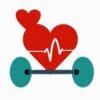10 Unexpected Ways Dehydration Affects Your Fitness Goals: Shocking Impact on Performance Revealed

Are you sabotaging your fitness progress without even realizing it? Dehydration can derail your workout goals in surprising ways.
From impaired performance to slower recovery, not drinking enough water affects your body more than you might think.

Staying hydrated is crucial for achieving optimal fitness results. Even mild dehydration can lead to decreased endurance, reduced strength, and impaired mental focus during exercise.
You may be shocked to learn how water intake impacts everything from your metabolism to muscle growth.
Let’s explore 10 unexpected ways dehydration could be holding you back from reaching your full potential at the gym.
1) Lower Athletic Performance
Dehydration can significantly impact your athletic performance.
When you’re not properly hydrated, your body struggles to maintain its normal functions during exercise.
You may notice a decrease in endurance and strength. Studies show that even mild dehydration can reduce your physical capabilities.
Your heart rate increases as your body tries to compensate for the lack of fluids.
This makes your workouts feel more challenging, even at lower intensities.
Dehydration affects your muscles too.
You may experience earlier onset of fatigue and reduced power output.
This can hinder your ability to lift weights or perform high-intensity exercises effectively.
Your coordination and reaction times may also suffer.
This is especially important in sports that require quick reflexes and precise movements.
Mental focus is another casualty of dehydration.
You might find it harder to concentrate on your workout or game strategy when your body lacks proper hydration.
Heat regulation becomes more difficult when you’re dehydrated.
This can lead to overheating during exercise, further reducing your performance and potentially causing heat-related illnesses.
To avoid these issues, make sure you drink enough water before, during, and after your workouts.
Proper hydration is key to maintaining your athletic performance and reaching your fitness goals.
2) Increased Muscle Cramps
When you’re dehydrated, your muscles are more likely to cramp up during exercise.
This can put a real damper on your fitness goals.
Muscle cramps are painful and can force you to stop your workout early.
Dehydration affects how your muscles work.
Without enough water, your muscles don’t get the nutrients they need.
This makes them more prone to cramping and spasms.
Proper hydration is key for keeping your muscles working smoothly.
When you sweat, you lose both water and electrolytes.
These need to be replaced to avoid cramps.
Drinking water alone may not be enough.
You also need to keep your electrolyte levels balanced.
Sports drinks can help with this, especially during long or intense workouts.
Pay attention to early signs of dehydration.
If you feel thirsty or notice your urine is dark, it’s time to drink up.
Don’t wait until you feel muscle tightness or cramping.
Remember, prevention is better than cure.
Make sure you drink enough water before, during, and after exercise.
This will help keep those annoying muscle cramps at bay and keep you on track with your fitness goals.
3) Slowed Recovery Time
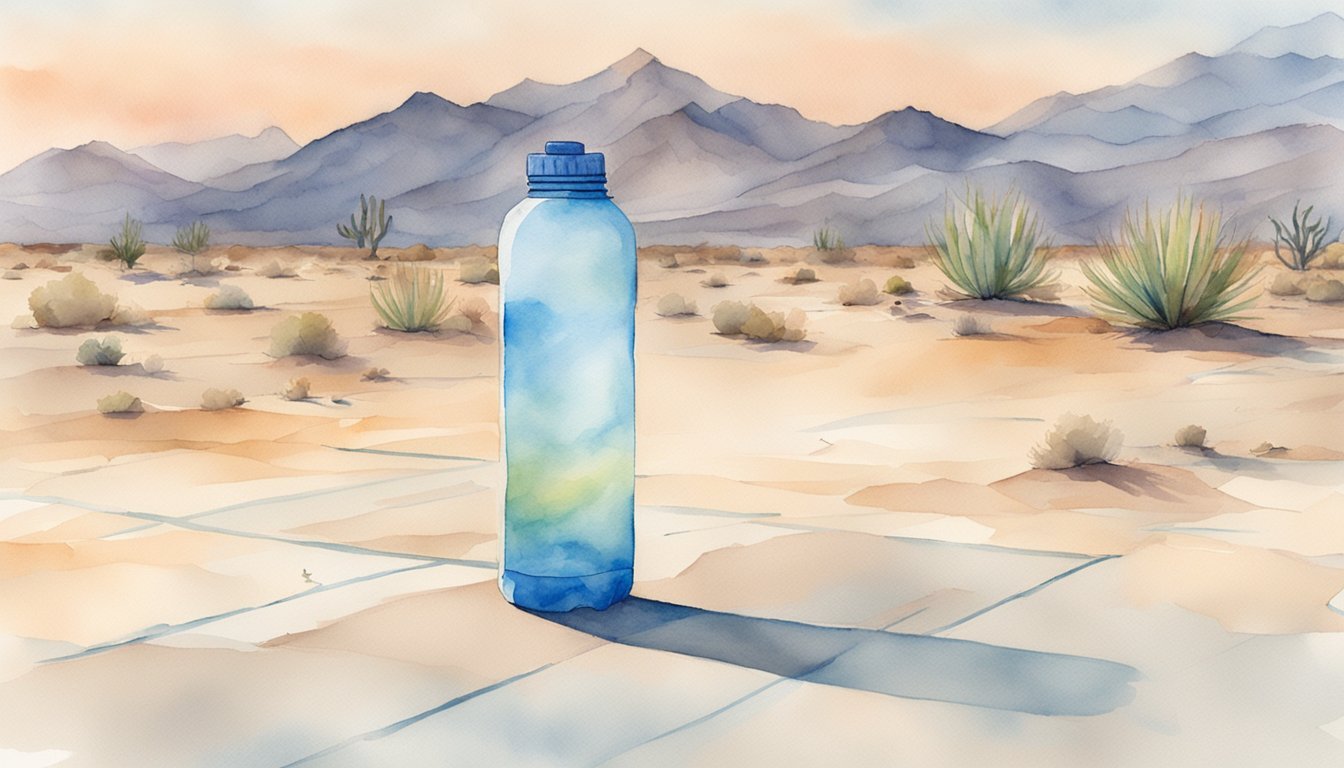
When you’re dehydrated, your body struggles to bounce back after exercise.
Your muscles need water to repair and grow stronger.
Without enough fluids, this process slows down.
Dehydration can make you feel sore and tired for longer after a workout.
Your muscles may be stiff and achy.
This can throw off your training schedule and limit your progress.
Proper hydration helps flush out waste products from your muscles.
These build up during exercise and can cause fatigue.
Drinking enough water speeds up this cleaning process.
Your body also needs fluids to deliver nutrients to your muscles.
These nutrients are key for recovery and growth.
When you’re low on water, this delivery system doesn’t work as well.
To avoid slow recovery, drink water before, during, and after exercise.
Sports drinks can help replace electrolytes lost through sweat. Staying hydrated is crucial for meeting your fitness goals.
Pay attention to the color of your urine.
If it’s dark yellow, you need to drink more water.
Aim for a light straw color to know you’re well-hydrated.
Remember, recovery isn’t just about rest.
It’s about giving your body the tools it needs to rebuild.
Water is one of the most important tools in your fitness toolkit.
4) Enhanced Fatigue

Dehydration can make you feel tired much faster during workouts.
When you don’t drink enough water, your body struggles to keep up with the demands of exercise.
Your muscles need water to work properly.
Without enough fluid, they get tired more quickly.
This means you might not be able to lift as much weight or run as far as you normally would.
Dehydration also affects your mind.
You may find it harder to focus on your workout when you’re low on fluids.
This can lead to poor form and a less effective exercise session.
To avoid enhanced fatigue, make sure you drink water before, during, and after exercise.
A good rule is to sip water every 15-20 minutes while working out.
If you’re having trouble staying hydrated, you might want to try a hydration supplement.
These can help replace the electrolytes you lose through sweat.
Remember, even mild dehydration can hurt your performance.
Drinking enough water is key to reaching your fitness goals and feeling your best during workouts.
5) Reduced Muscle Strength
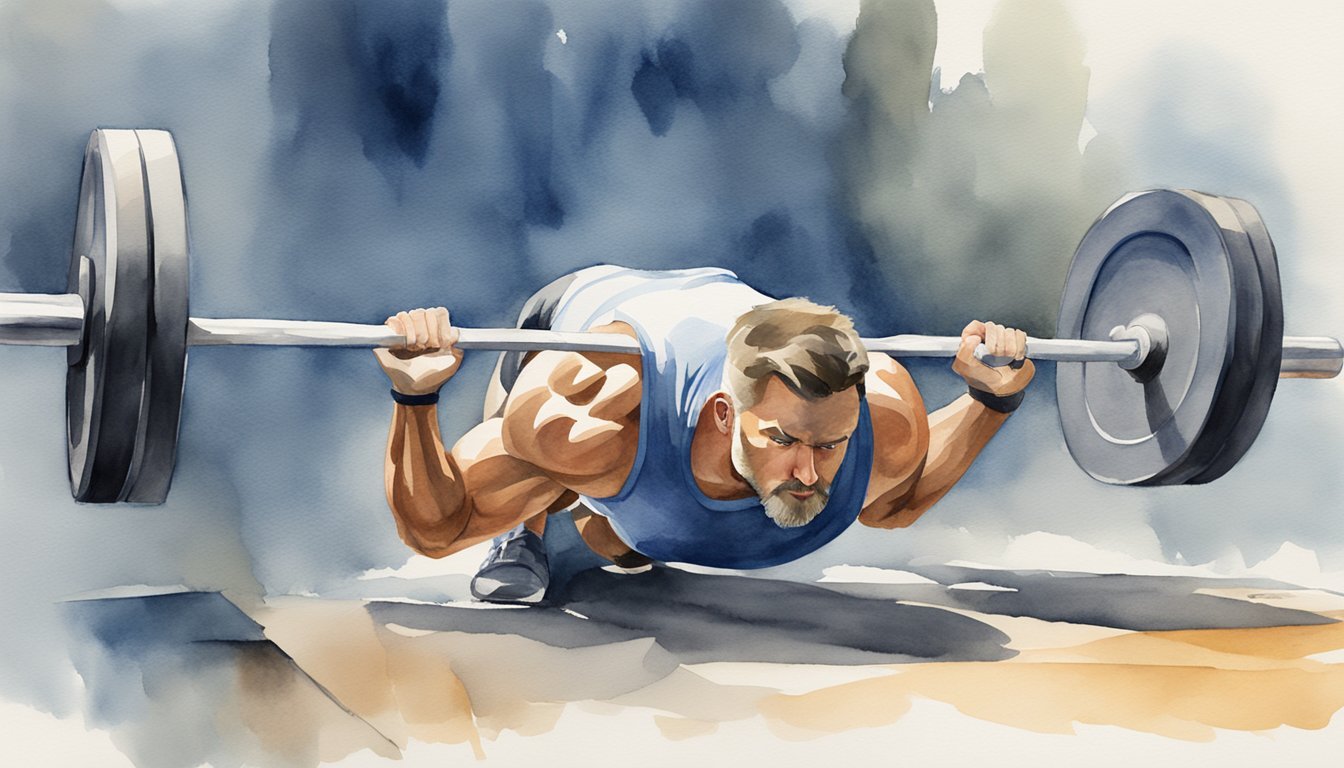
Dehydration can significantly impact your muscle strength.
When you don’t drink enough water, your muscles lack the fluids they need to function properly.
This lack of hydration affects how your muscles contract and relax.
Your strength may decrease, making it harder to lift weights or perform other exercises at your usual level.
Studies show that even mild dehydration can cause muscle strength to fall by around 5.5%.
This might not seem like much, but it can make a big difference in your workout performance.
Dehydration also speeds up how quickly you use glycogen, your body’s stored carbs.
This means you’ll tire out faster during strength training sessions.
To maintain your muscle strength, make sure you’re drinking enough water before, during, and after your workouts.
Aim for clear or light yellow urine as a sign of good hydration.
Consider using a hydration tracking water bottle to help you stay on top of your fluid intake throughout the day.
This can help ensure you’re getting enough water to support your muscle function and strength.
Remember, proper hydration is key to getting the most out of your strength training sessions and reaching your fitness goals.
6) Elevated Heart Rate
When you’re dehydrated, your heart has to work harder to pump blood through your body.
This causes your heart rate to increase, even when you’re not exercising.
A faster heart rate during workouts can make you feel tired more quickly.
You might not be able to exercise as long or as intensely as usual.
Dehydration can make your heart beat uncomfortably or unusually.
This feeling is called heart palpitations.
It can be scary and may make you want to stop exercising.
Your body also struggles to control its temperature when you’re low on fluids.
This makes your heart pump even faster to cool you down.
If your heart rate stays high after you’ve finished exercising, it could be a sign of severe dehydration.
Pay attention to how you feel after workouts.
To avoid these issues, make sure you drink enough water throughout the day.
Aim for about 91 ounces (2.7 liters) daily if you’re a woman, or 125 ounces (3.7 liters) if you’re a man.
Remember to drink extra water when you exercise.
This will help keep your heart rate in check and improve your workout performance.
7) Impaired Focus and Coordination
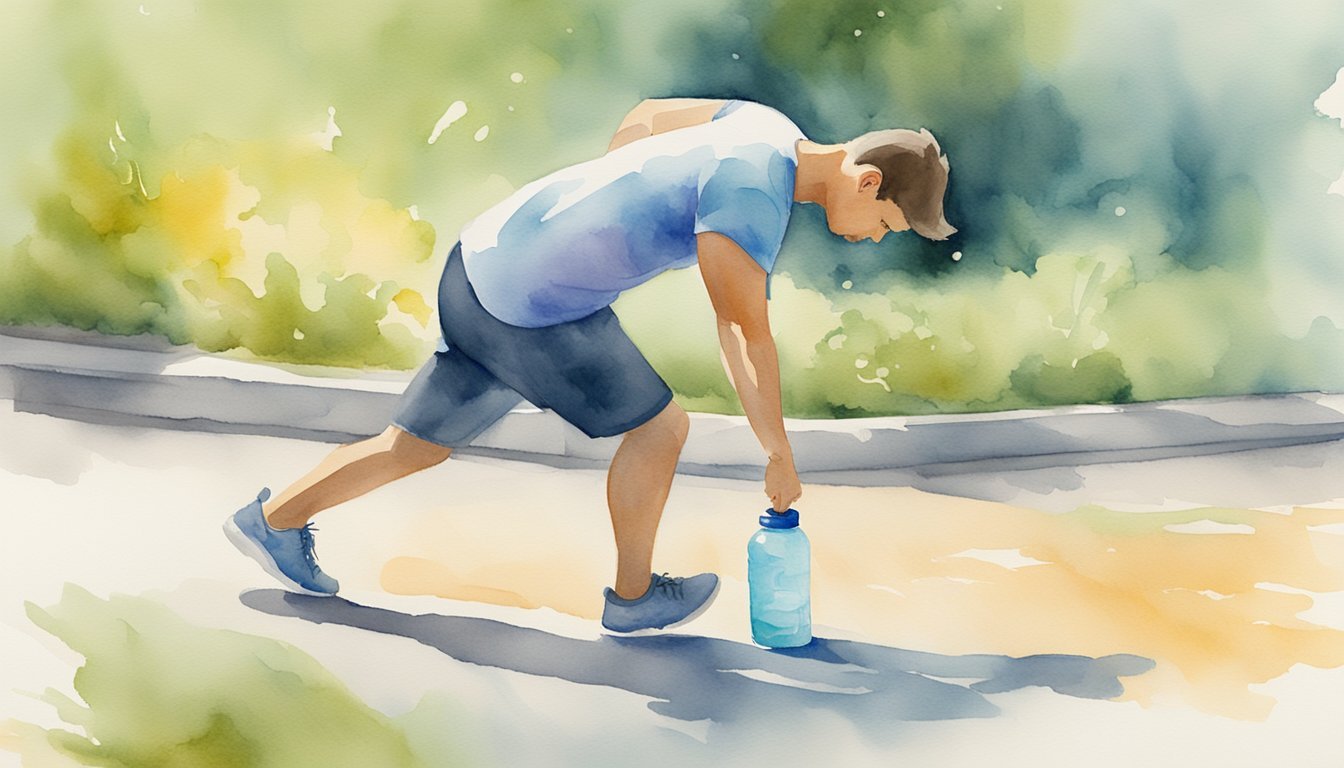
Dehydration can seriously impact your focus and coordination during workouts.
When you’re not properly hydrated, your brain doesn’t function at its best.
You might notice difficulty concentrating on your exercises or following your workout routine.
This lack of focus can lead to mistakes or inefficient movements, reducing the effectiveness of your training.
Dehydration can affect your motor skills, making it harder to perform complex exercises correctly.
Your reaction time may slow down, increasing the risk of injury during workouts.
Even mild dehydration can cause mental fatigue and confusion.
This can make it challenging to push through tough workouts or maintain proper form.
Your balance and coordination may also suffer when you’re dehydrated.
This is especially important for activities that require precision, like yoga or weightlifting.
Staying hydrated is key to maintaining sharp focus and coordination throughout your fitness routine.
Make sure to drink water before, during, and after exercise to keep your mind and body in top shape.
Remember, good hydration habits support both your physical performance and mental clarity during workouts.
By staying well-hydrated, you’ll be better equipped to reach your fitness goals safely and effectively.
8) Higher Risk of Injury
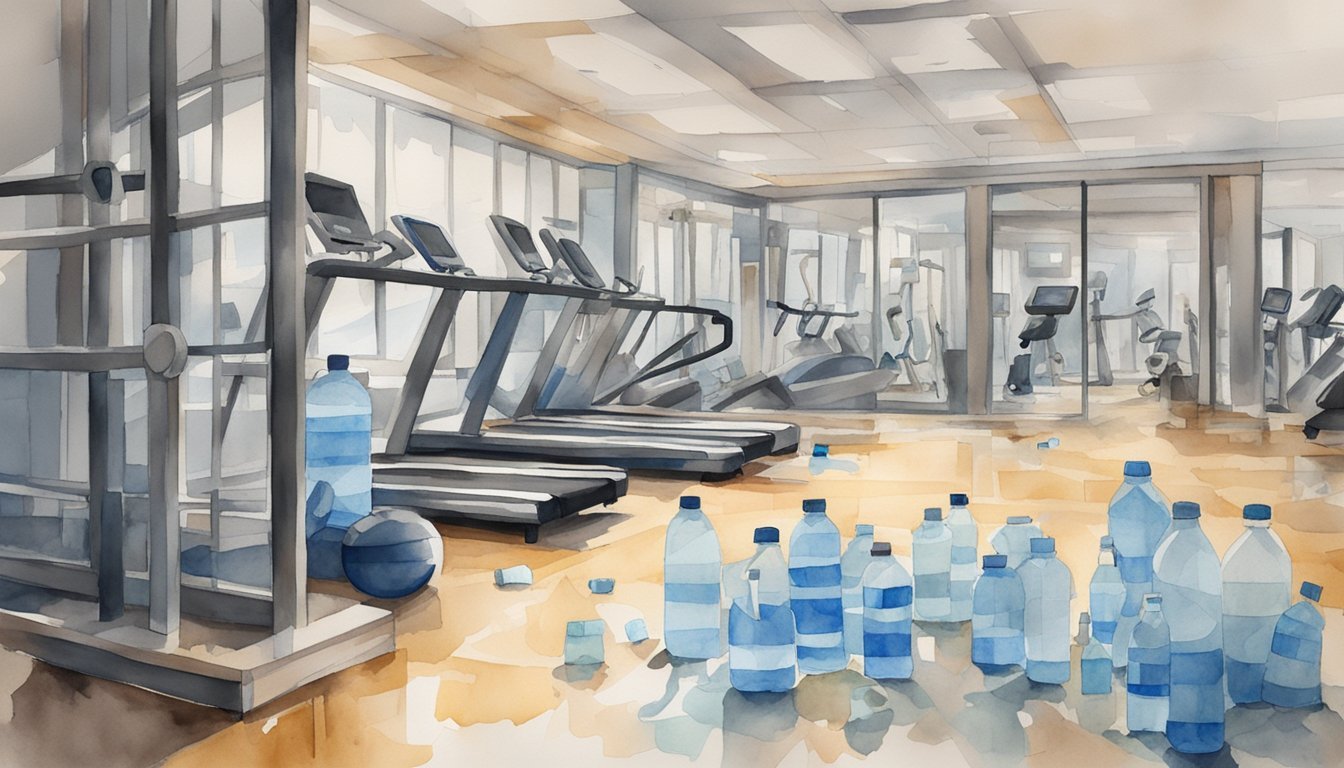
When you’re dehydrated, your body is more prone to injuries during workouts.
This happens because your muscles and joints don’t function as well without proper hydration.
Dehydration can make your muscles feel tight and less flexible.
This increases the chance of strains or pulls when you exercise.
Your joints also need water to stay lubricated.
Without enough fluid, they become stiffer and more likely to get hurt.
Proper hydration helps keep your balance and coordination sharp.
When you’re low on fluids, you might feel dizzy or unsteady, raising the risk of falls or accidents.
Dehydration slows down your reaction time too.
This means you may not respond quickly enough to avoid sudden movements or impacts that could cause injury.
Your body also can’t regulate temperature as well when dehydrated.
This leads to overheating faster, which puts extra stress on your muscles and heart.
To lower your injury risk, drink water before, during, and after exercise.
Pay attention to how you feel and take breaks to rehydrate as needed.
Remember, staying hydrated is a key part of injury prevention.
It helps your body perform at its best and recover more quickly from workouts.
9) Reduced Stamina
When you’re dehydrated, your stamina takes a big hit.
Your body struggles to keep up during workouts, and you tire out much faster than usual.
This happens because dehydration makes your blood thicker.
Your heart has to work harder to pump this thicker blood through your body.
As a result, you feel exhausted more quickly.
Dehydration also affects how your muscles work.
Without enough water, your muscles can’t contract as well.
This leads to weakness and fatigue setting in sooner than normal.
You might notice you can’t run as far or lift as many reps when you’re not properly hydrated.
Even light exercise can feel more challenging.
Your endurance drops significantly when you’re low on fluids.
To keep your stamina up, make sure you drink enough water before, during, and after exercise.
Proper hydration helps your blood flow more easily and keeps your muscles working their best.
If you struggle to stay hydrated, consider using a hydration tracking system to monitor your fluid intake.
This can help you maintain optimal hydration levels and support your fitness goals.
Remember, even mild dehydration can impact your performance.
Stay on top of your fluid intake to keep your stamina strong and reach your fitness targets.
10) Impaired Metabolism

Dehydration can slow down your metabolism, making it harder to reach your fitness goals.
When you don’t drink enough water, your body struggles to break down food efficiently.
This can lead to reduced energy levels and slower fat burning.
Your body needs water to process calories, so not getting enough can hinder weight loss efforts.
Dehydration also affects how well your body uses nutrients from food.
Without proper hydration, you may not get the full benefit of the healthy foods you eat.
Drinking water before meals can help boost your metabolism.
It may even help you feel fuller, potentially reducing how much you eat.
Remember to sip water throughout the day.
This keeps your metabolism running smoothly and supports your overall fitness journey.
Aim for at least 8 glasses of water daily.
You may need more if you exercise regularly or live in a hot climate.
Pay attention to the color of your urine.
If it’s pale yellow, you’re likely well-hydrated.
Darker urine can be a sign you need to drink more water.
By staying hydrated, you help your body function at its best.
This includes keeping your metabolism working efficiently to support your fitness goals.
Impact on Muscle Function
Dehydration affects your muscles in ways you might not expect.
It makes your muscles work less well and can lead to painful cramps.
Let’s look at how this happens.
Impaired Muscle Contractions
When you don’t drink enough water, your muscles can’t work as well.
Your blood gets thicker, so it’s harder for oxygen to reach your muscles.
This means your muscles tire out faster and can’t make strong movements.
Studies show that even mild dehydration can cut your strength by 2%.
For a 200-pound bench press, that’s 4 pounds less you can lift.
In sports or workouts where every bit counts, this drop can make a big difference.
Your muscles also heat up faster when you’re low on water.
This extra heat slows down the chemical reactions that power your muscles.
As a result, you may notice:
- Slower reaction times
- Less power in your movements
- Quicker muscle fatigue
Increased Risk of Cramps
Muscle cramps are a common and painful problem when you’re dehydrated.
These sudden, tight squeezes in your muscles can stop you in your tracks.
When you sweat, you lose both water and electrolytes.
These minerals help your nerves tell your muscles when to contract and relax.
Without enough electrolytes, your nerves can send mixed signals, causing cramps.
To avoid cramps:
- Drink water before, during, and after exercise
- Eat foods high in potassium and magnesium
- Consider a sports drink for long or intense workouts
Remember, by the time you feel thirsty, you’re already a bit dehydrated.
Don’t wait – keep sipping water throughout your day and workout to keep your muscles working their best.
Effect on Mental Performance
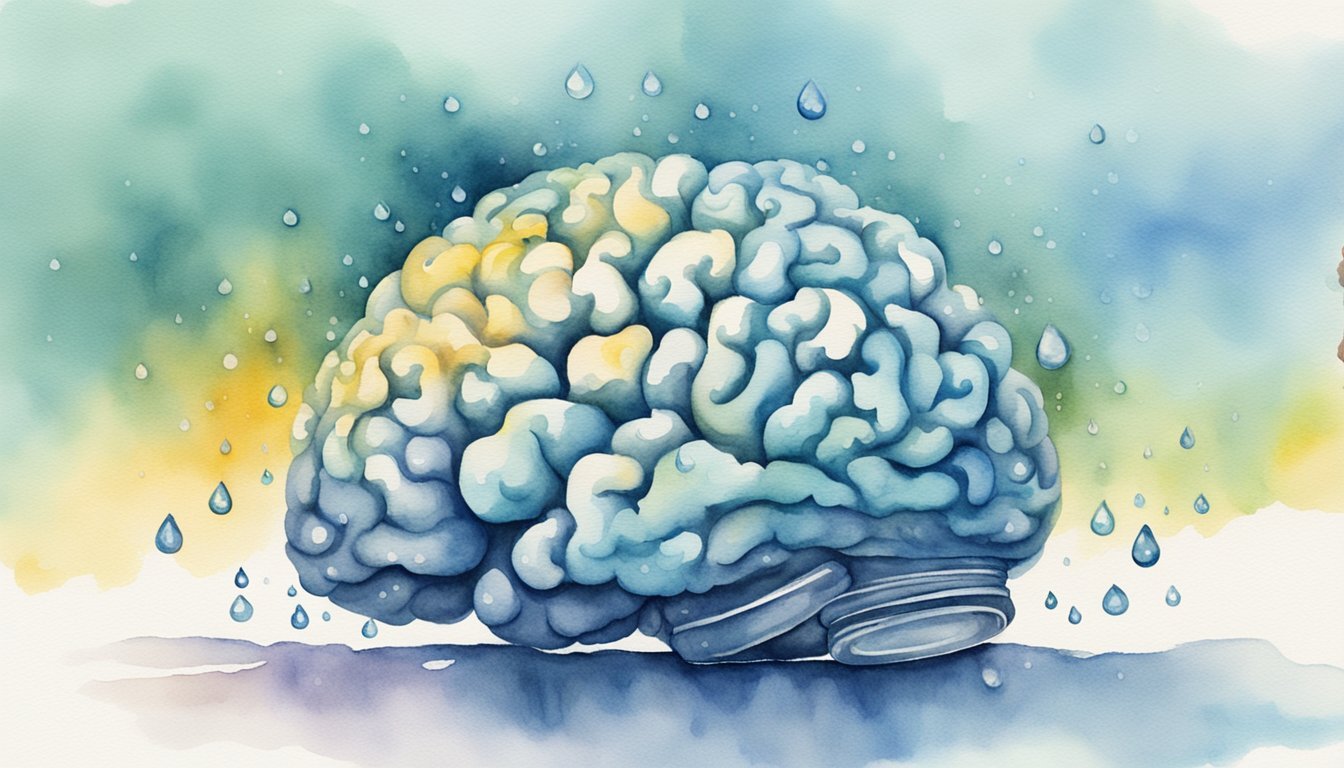
Dehydration can significantly impact your mental abilities during workouts.
It affects how well your brain functions and your ability to stay focused on your fitness goals.
Reduced Cognitive Function
When you’re dehydrated, your brain doesn’t work as well.
You might find it harder to think clearly or solve problems.
This can make it tough to plan your workout or adjust your routine on the fly.
Studies show that even mild dehydration can slow down your reaction times.
This is crucial for sports that need quick reflexes.
Your memory may also take a hit.
You might forget parts of your workout routine or struggle to recall proper form for exercises.
Decreased Focus and Concentration
Staying hydrated is key for keeping your mind sharp during exercise.
When you’re low on fluids, it’s harder to concentrate on your workout.
You might notice your mind wandering or find it difficult to push through challenging parts of your routine.
This lack of focus can lead to sloppy form, increasing your risk of injury.
Dehydration can also make you feel more tired and unmotivated.
You might cut your workout short or skip it entirely, derailing your fitness progress.
To avoid these issues, drink water regularly throughout your workout.
Don’t wait until you feel thirsty – by then, you’re already mildly dehydrated.
Influence on Metabolism

Dehydration can significantly impact your body’s metabolism.
It affects how efficiently your body burns calories and processes fat.
Slowed Metabolic Rate
When you’re dehydrated, your metabolism slows down.
Your body needs water to function properly and break down food for energy.
Without enough water, these processes become less efficient.
Your cells struggle to produce energy, leading to a sluggish metabolism.
This means you burn fewer calories throughout the day.
Even mild dehydration can reduce your metabolic rate noticeably.
To keep your metabolism running smoothly, aim to drink water regularly.
Don’t wait until you feel thirsty.
By then, you may already be slightly dehydrated.
Impact on Fat Burning
Dehydration also affects how well your body burns fat.
When you’re low on water, your body may have trouble accessing stored fat for energy.
Your liver, which plays a key role in fat metabolism, needs water to function well.
Without enough hydration, it can’t process fat as effectively.
This can make it harder to lose weight or maintain a healthy body composition.
Staying hydrated can help optimize your body’s fat-burning processes.
It supports your liver function and helps transport fatty acids to be used for energy.
Proper hydration may even slightly increase the number of calories you burn at rest.
Remember, water is essential for nearly every bodily function, including metabolism.
Make it a habit to drink water throughout the day to support your fitness goals.
Frequently Asked Questions
Dehydration can significantly impact your fitness goals in unexpected ways.
It affects performance, recovery, and overall health.
Let’s explore some common questions about hydration and exercise.
How can dehydration impact your exercise performance and recovery?
Dehydration can lower your athletic performance in several ways.
It may reduce your endurance and strength during workouts.
You might also experience increased muscle cramps and fatigue.
Recovery times can be slower when you’re dehydrated.
Your body needs water to repair muscles and remove waste products after exercise.
What symptoms might you experience if you’re dehydrated after working out?
After a workout, dehydration can cause various symptoms.
You might feel very thirsty or have a dry mouth.
Headaches are common, as well as feeling dizzy or lightheaded.
You may notice darker urine or less frequent urination.
Muscle cramps, especially in your legs, can also be a sign of dehydration.
What are some essential functions of water in maintaining physical health?
Water plays many vital roles in your body.
It helps regulate your body temperature, which is crucial during exercise.
Water also helps transport nutrients to your cells and removes waste products.
Your joints need water for lubrication.
Proper hydration helps keep your skin healthy and supports digestion.
What changes might one notice when increasing their water intake to the recommended levels?
When you drink more water, you might notice some positive changes.
Your energy levels may improve, and you might feel less tired during the day.
Headaches may become less frequent.
Your skin might look clearer and feel more supple.
You may also find that you’re less hungry between meals.
What strategies can athletes employ to stay hydrated during intense training?
Athletes can use several strategies to stay hydrated.
Drinking water before, during, and after workouts is key.
Sports drinks can help replace electrolytes lost through sweat.
Eating water-rich foods like fruits and vegetables can boost hydration.
Some athletes use hydration tracking apps to monitor their fluid intake.
Can regular hydration contribute to skin health, and if so, how?
Yes, staying hydrated can improve your skin health.
Water helps keep your skin moisturized from the inside out.
This can lead to a more youthful appearance and reduce the look of fine lines.
Proper hydration helps flush toxins from your body, which can result in clearer skin.
It may also help prevent acne and other skin issues.


